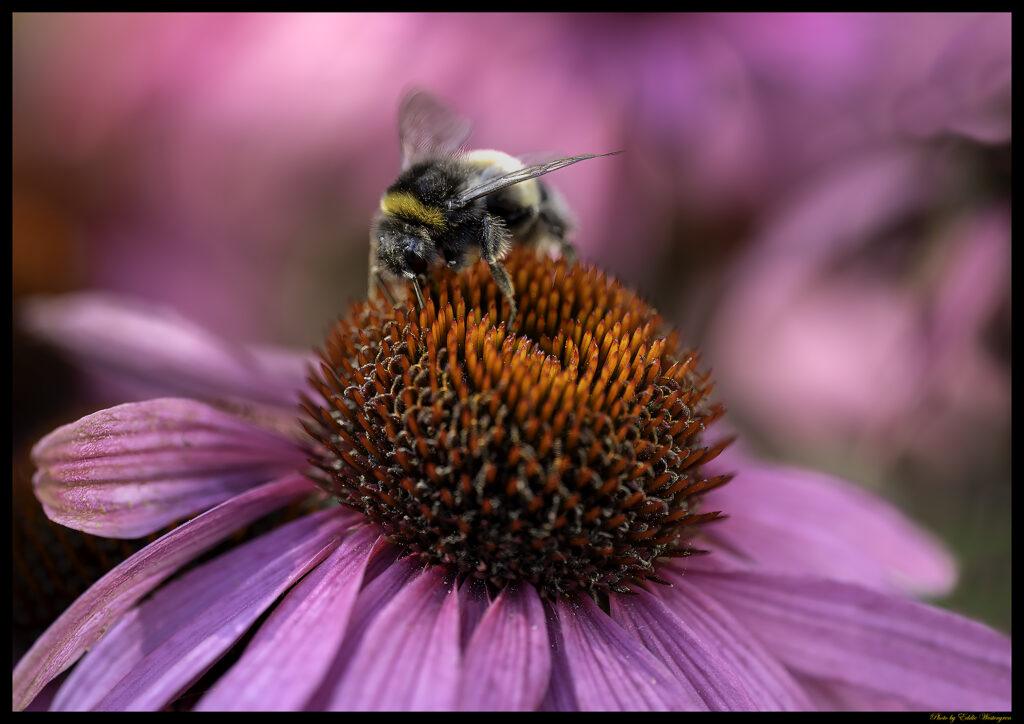
The Importance of Bumblebees for Our Environment.
Bumblebees are small, fuzzy insects that play a vital role in the health of our environment. Though often overlooked, these humble creatures are among the most important pollinators in nature. Their survival is directly linked to the survival of many plant species, including the ones that humans rely on for food. Without bumblebees, ecosystems would begin to collapse, and our food supply would be in serious danger.
One of the main reasons bumblebees are so important is their ability to pollinate plants. Pollination is the process of transferring pollen from one flower to another, which helps plants produce fruits and seeds. While other insects, such as honeybees and butterflies, also pollinate, bumblebees are especially effective because of their size, strength, and behavior. They can “buzz pollinate,” a unique technique where they vibrate their bodies to shake pollen loose from certain flowers. This is particularly helpful for plants like tomatoes, peppers, and blueberries.
Bumblebees are not only important to agriculture but also to wild ecosystems. Many wildflowers depend on bumblebees to reproduce. When these flowers are pollinated, they produce seeds and fruits that feed birds, small mammals, and other creatures. In this way, bumblebees help maintain the balance of entire ecosystems. Without them, many plant and animal species would struggle to survive.
Sadly,
bumblebee populations are declining around the world. Habitat loss, pesticides, disease, and climate change are major threats to their survival. As we destroy natural areas to build cities, farms, and roads, bumblebees lose the flowers they need for food and the places they need to nest. Pesticides used in farming can poison bumblebees or weaken their ability to find food. Diseases and parasites, some spread by commercial bee farming, also hurt wild bee populations. Climate change adds even more pressure by disrupting the timing of flowering plants and changing the environments bumblebees live in.
Protecting bumblebees is essential for both environmental health and human well-being. There are many ways we can help. Planting native flowers in gardens, parks, and along roadsides provides food for bumblebees. Avoiding harmful pesticides and choosing organic produce helps reduce the chemicals that harm them. Supporting local conservation efforts and spreading awareness about the importance of bumblebees can also make a difference.
In conclusion,
bumblebees are far more than just buzzing insects in our gardens. They are essential workers in nature, helping plants grow, reproduce, and feed other species. Their role in pollination makes them a key part of our food system and natural ecosystems. As their numbers decline, the risks to our environment grow. By understanding their importance and taking action to protect them, we can ensure that bumblebees—and the many plants and animals that depend on them—continue to thrive for generations to come.
This photo was taken to create a placemat. If you are interested and would like to purchase, please contact me via email.